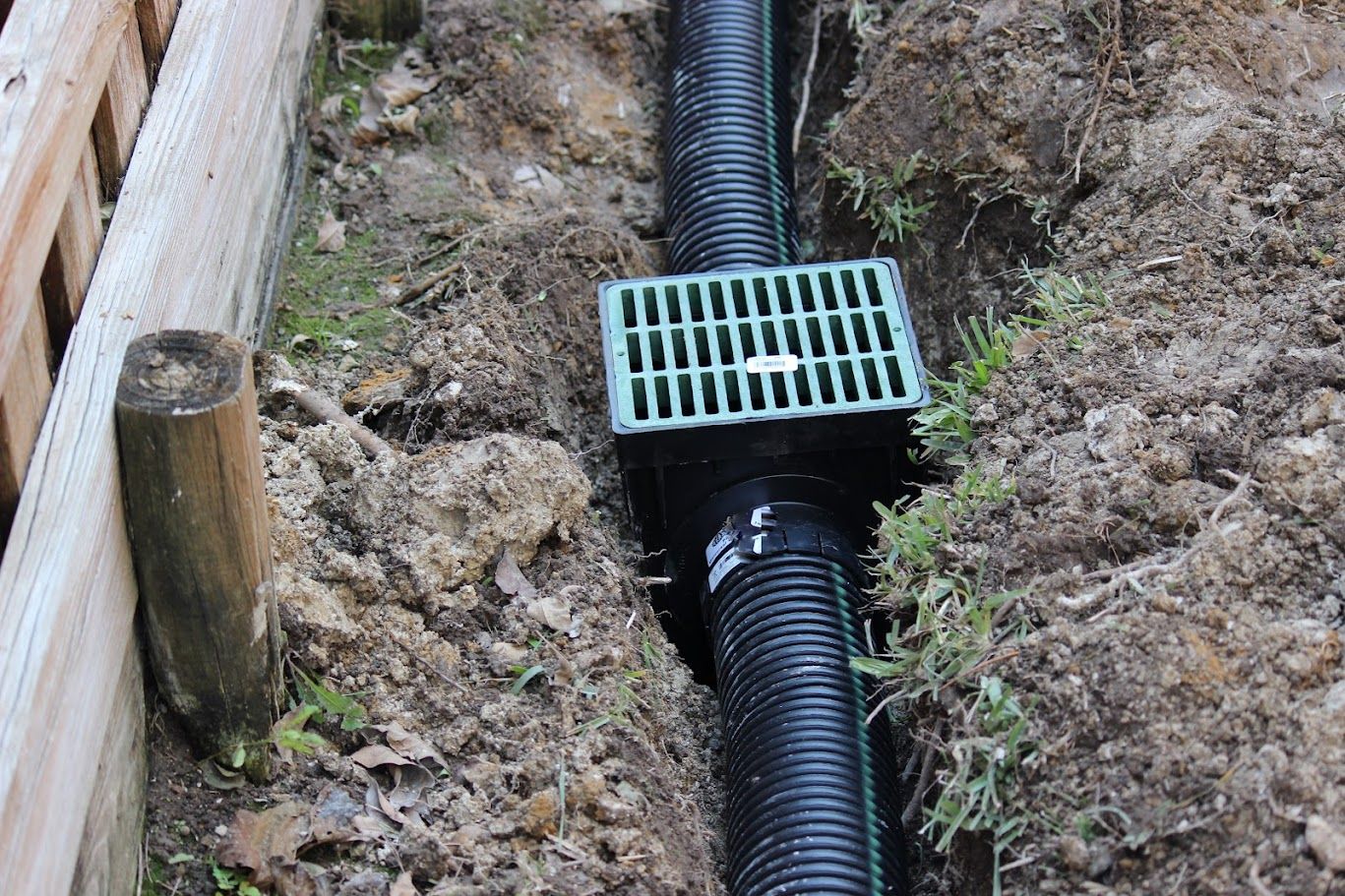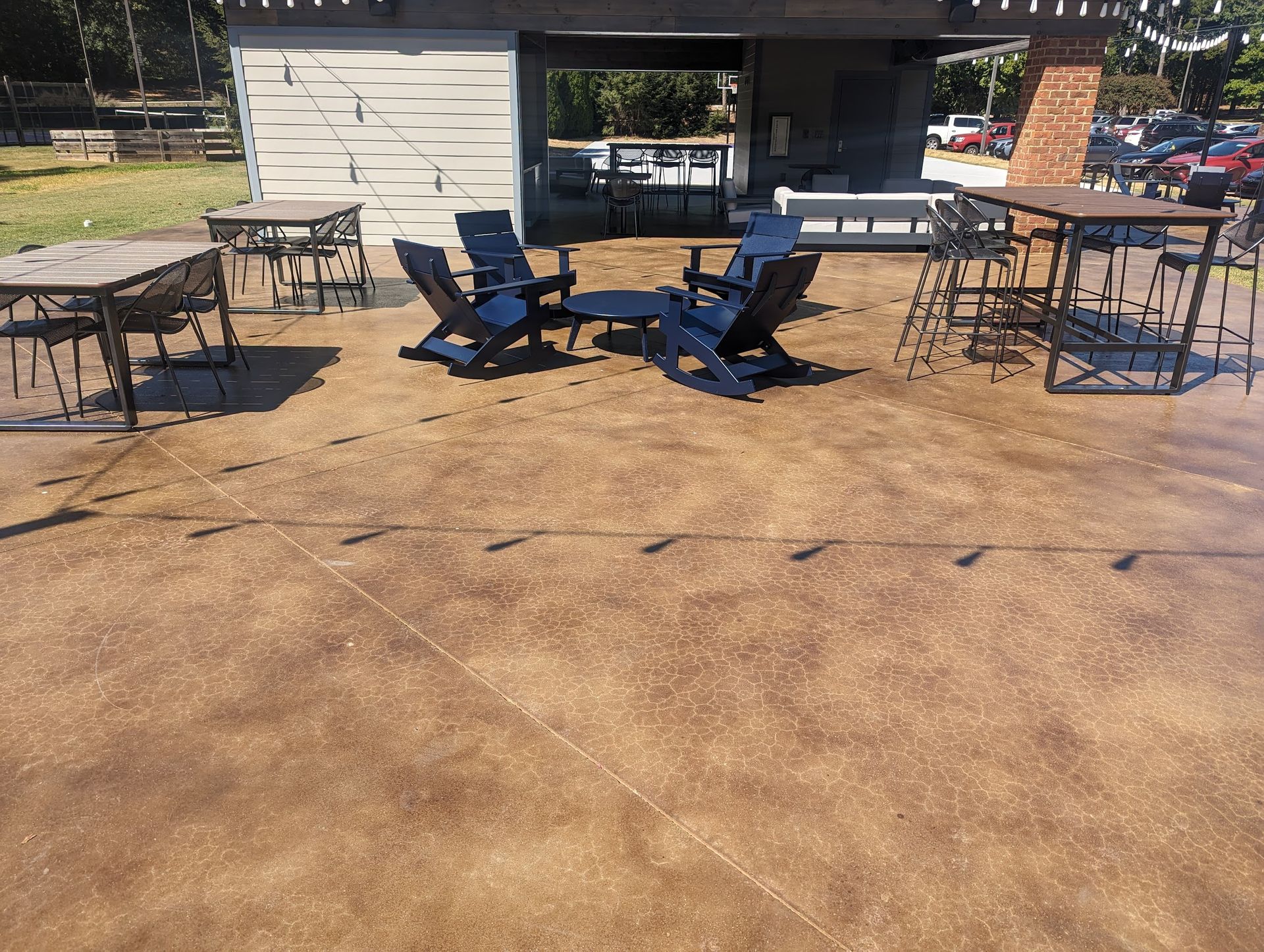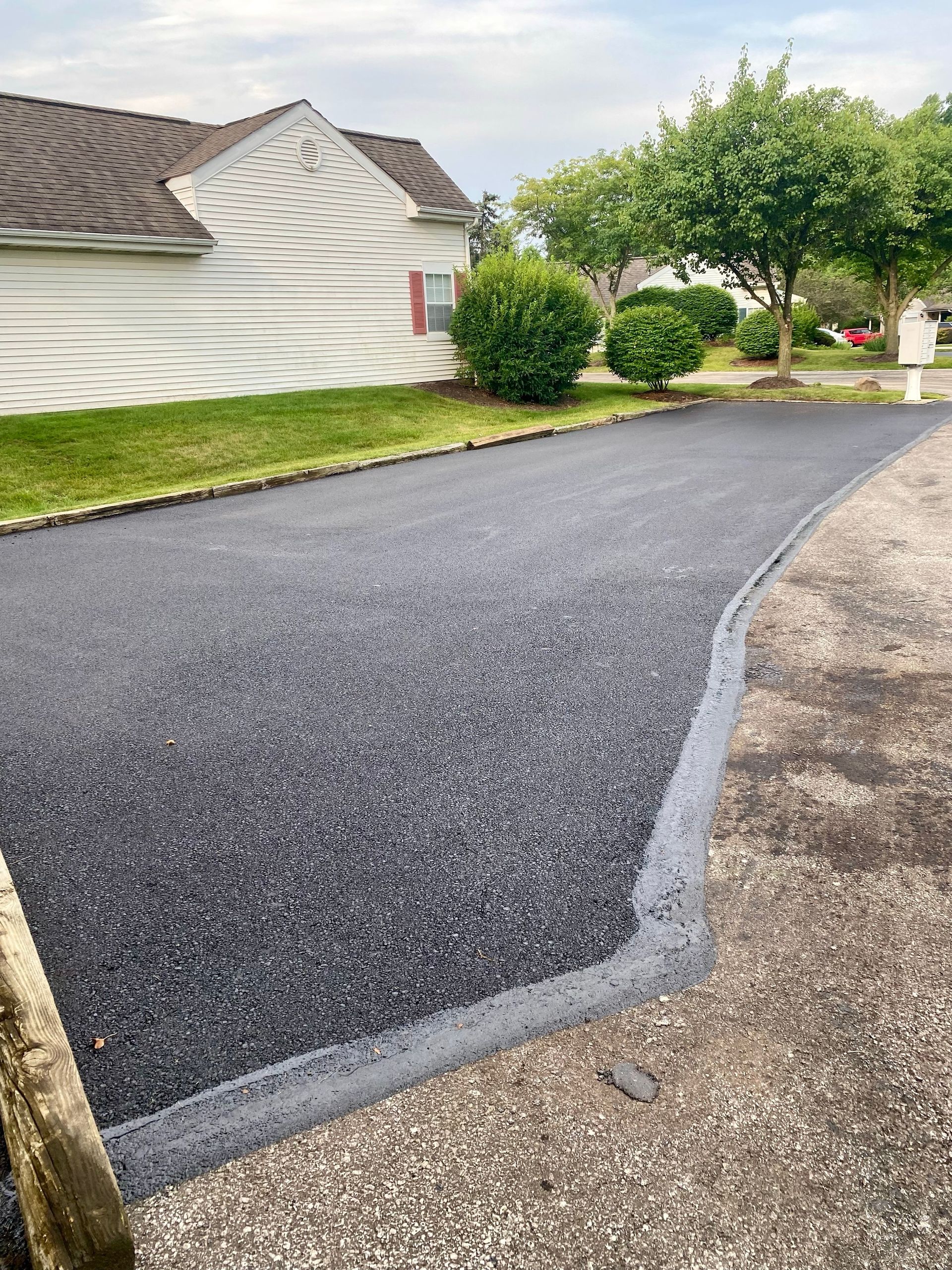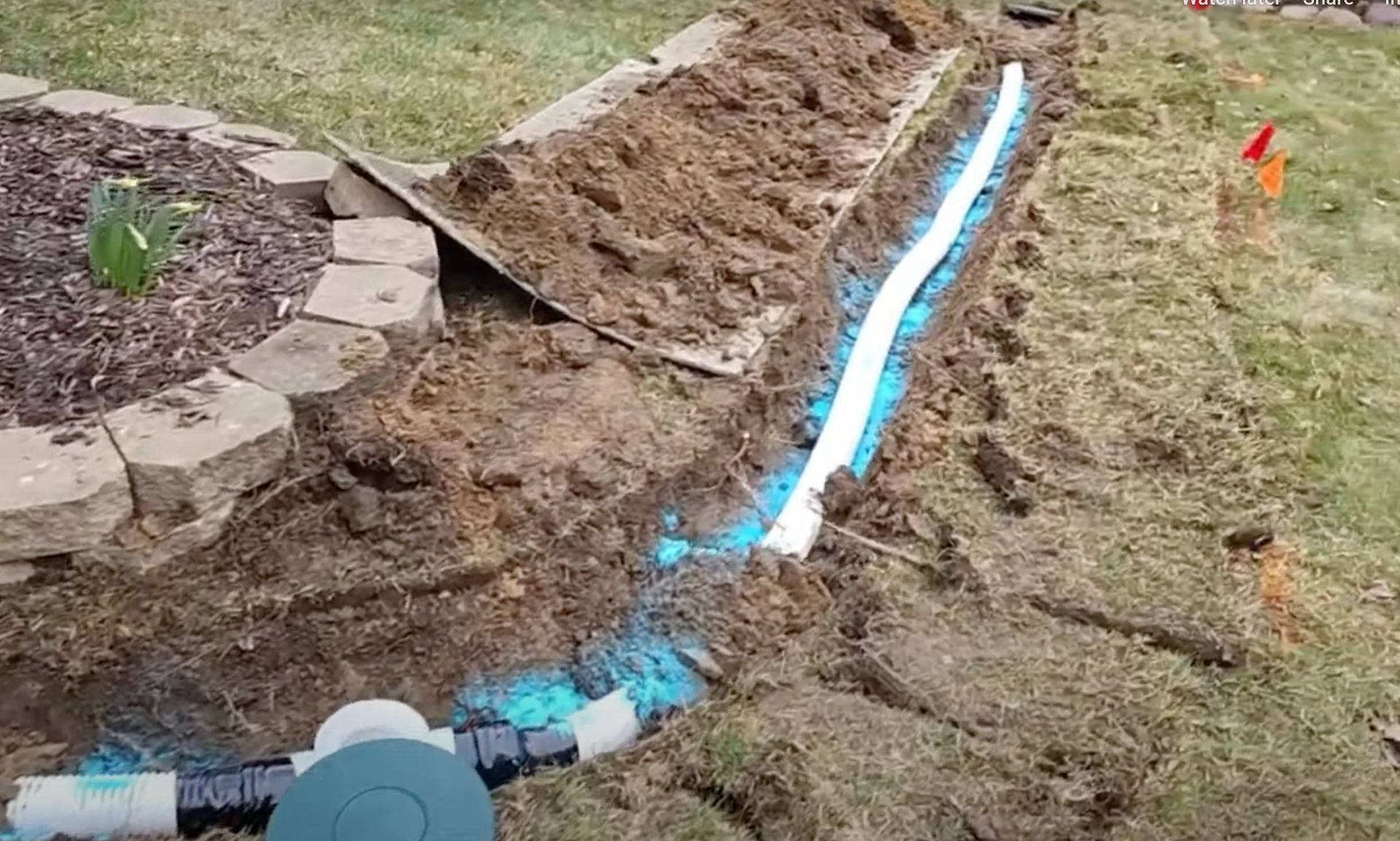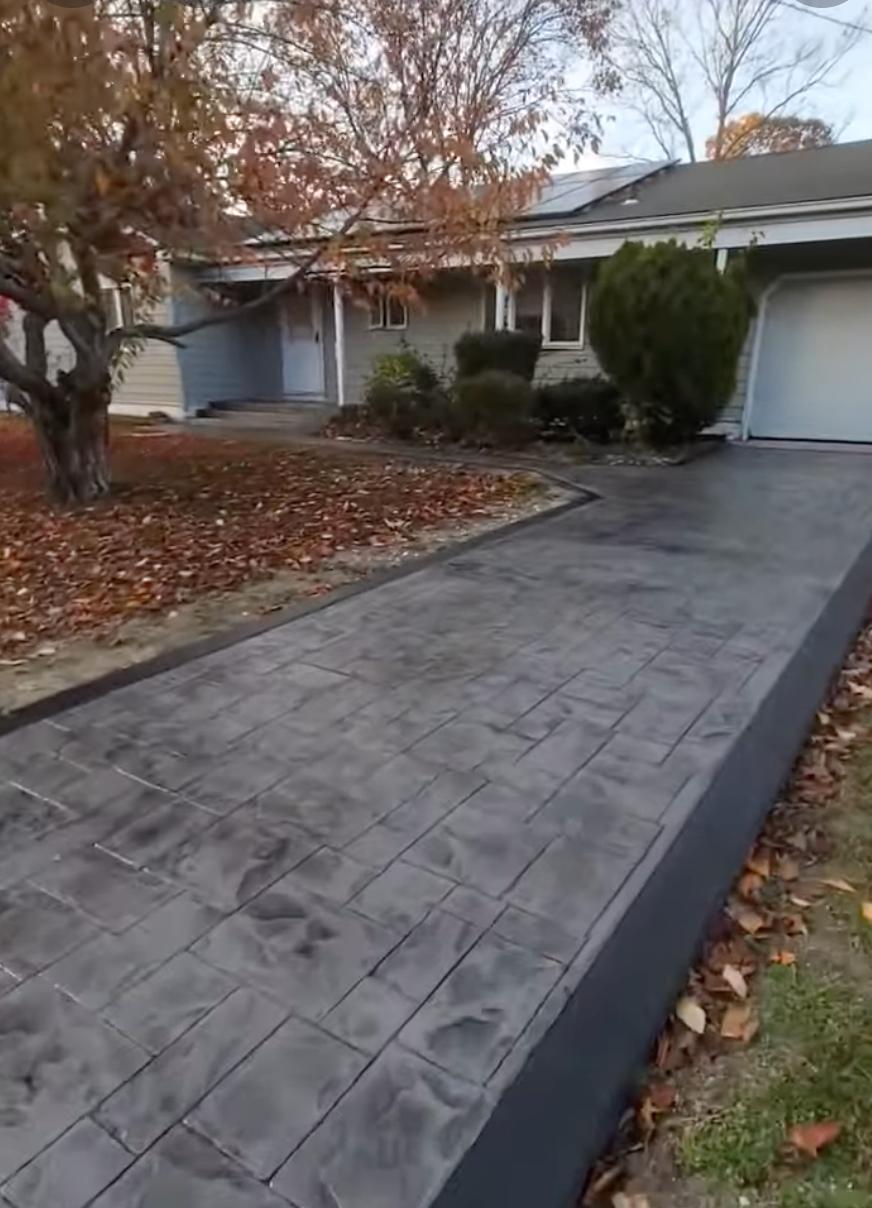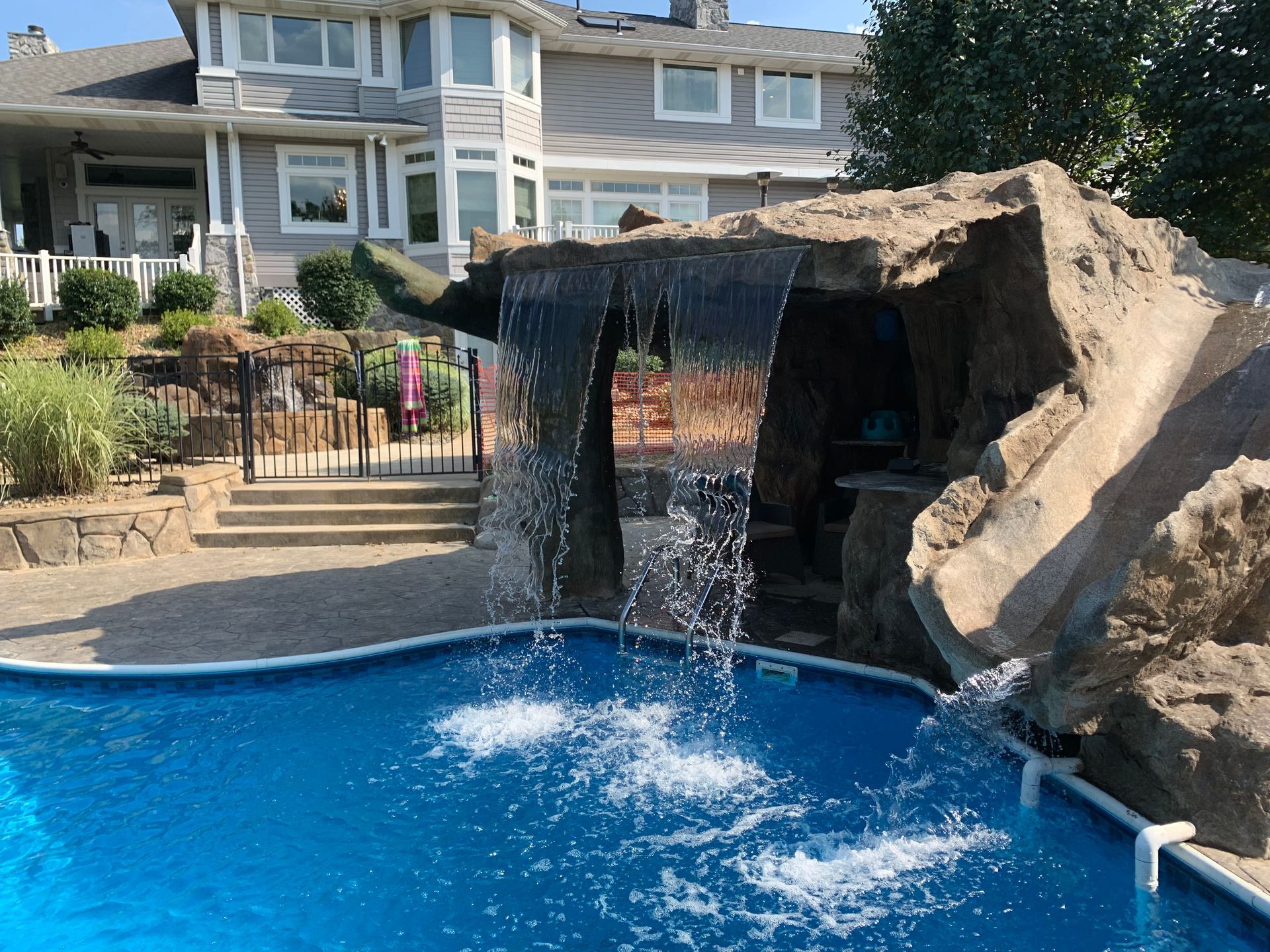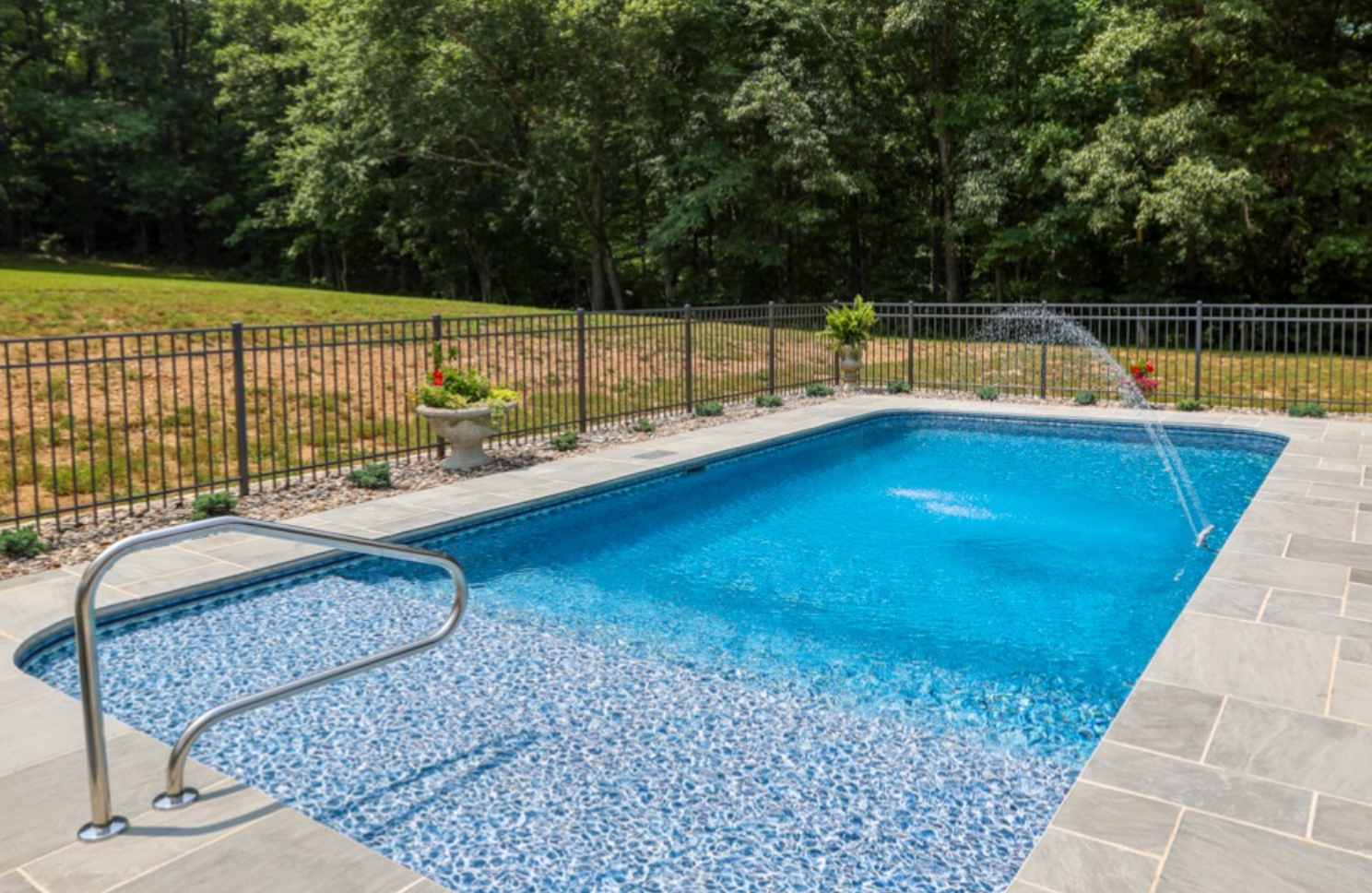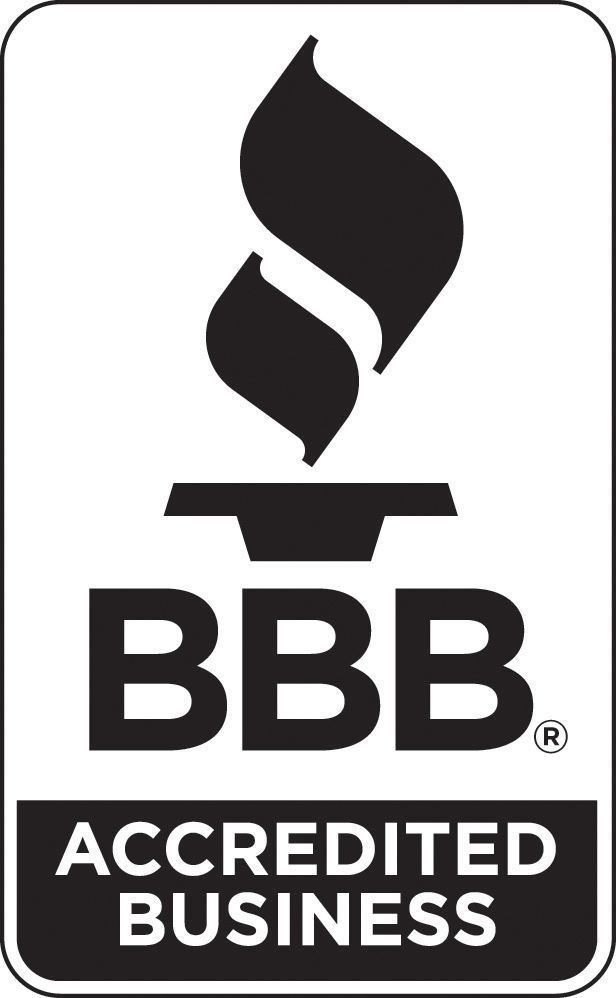Most Concrete Contractors Are Scammers — Here’s How to Outsmart Them
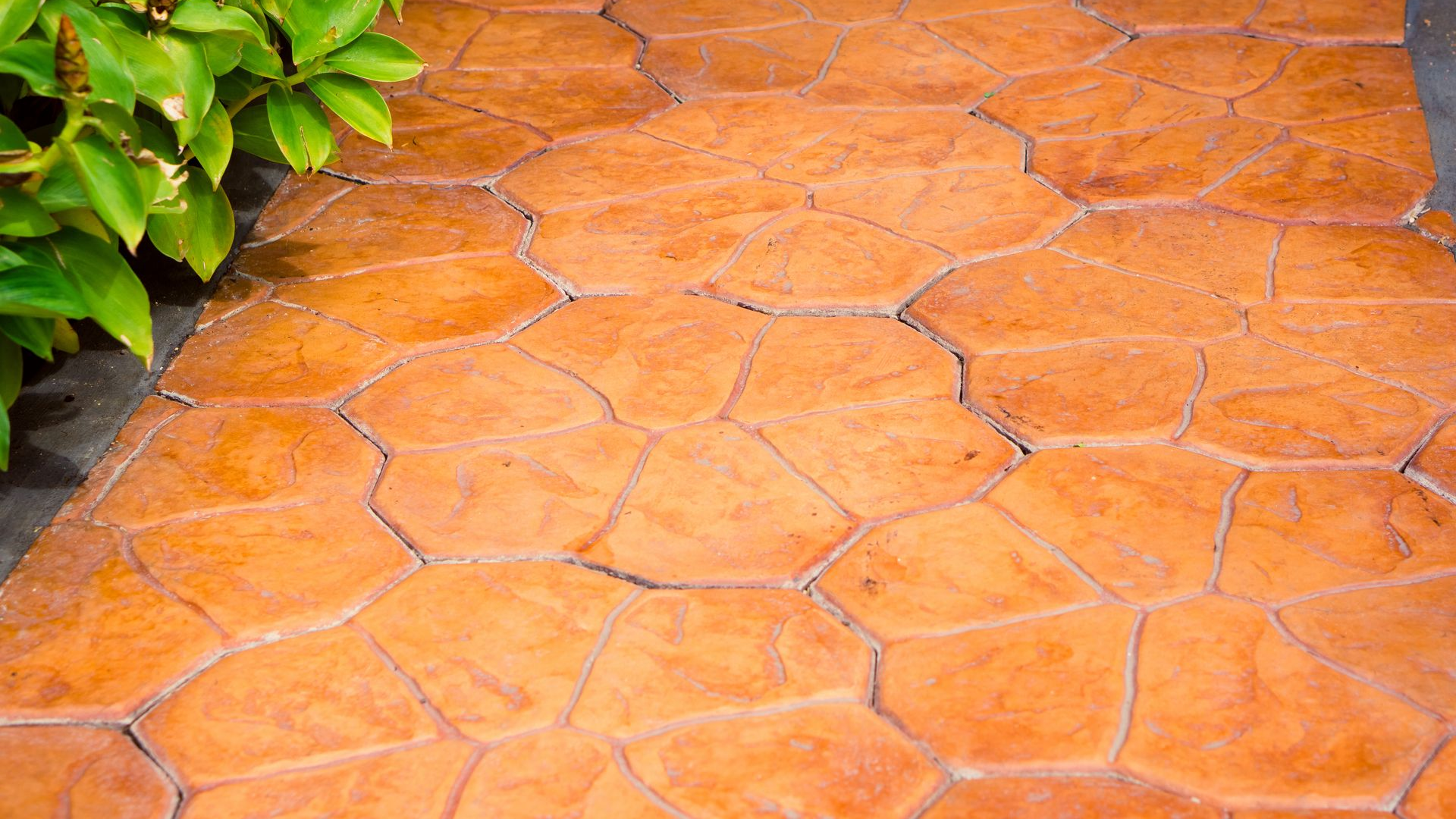
Let’s call it out: too many homeowners get burned by shady concrete contractors. From disappearing deposits to rushed, cracking work—this industry has a reputation problem. And sadly, it’s earned.
The hard truth is, most concrete scams happen not because homeowners are careless, but because many contractors know just how to exploit confusion, urgency, or trust. But there’s good news: when you know what to watch for, you can protect your project and your money.
This guide lays out the most common contractor scams, how to spot red flags early, and how to hire a concrete pro you can actually trust.
Why Are Concrete Contractor Scams So Common?
Concrete work is one of the most requested—and abused—services in the residential construction industry. Here’s why the scams keep happening.
Low Barrier to Entry
Unlike electricians or plumbers, concrete contractors often don’t need a license in many areas. That means anyone with a truck and mixer can advertise services without proof of experience.
Some even use photos of projects they didn’t do. Others underbid just to get a deposit, then disappear.
Most Projects Are One-and-Done
Most homeowners only pour concrete once every decade or two—maybe a driveway, patio, or walkway. That means there’s not a lot of repeat business, and many don’t know what “good work” looks like until it’s too late.
Concrete Is a Timing Game
Unlike painting or roofing, you can’t easily fix mistakes once concrete is poured. If the prep is wrong or the mix is bad, the surface will crack, crumble, or drain poorly—and you won’t know until weeks later.
Red Flags That a Concrete Contractor Can’t Be Trusted
Want to avoid a scam? Look out for these early warning signs.
1. They Ask for a Huge Upfront Deposit
A small deposit is normal. But if a contractor asks for 50% or more before any work starts, that’s a major red flag. You risk losing your money if they vanish or delay your job endlessly.
Pro Tip: Never pay in full until the job is done and inspected. Keep written records of payment terms.
2. No Written Contract or Vague Estimates
Verbal agreements don’t cut it. A real pro will give you a clear contract with scope of work, payment schedule, materials list, and timeline. If someone tells you, “We’ll figure it out as we go,” walk away.
3. They Use High-Pressure Sales Tactics
Some scammers claim they “have leftover concrete from another job” and offer a steep discount—but only if you act today. These rush jobs are almost always low quality or never happen at all.
4. No Proof of Insurance or Business Registration
If a contractor can’t provide active insurance or a local business registration, don’t hire them. You could be liable if someone gets hurt on your property or if damage occurs during the job.
How to Vet a Legit Concrete Contractor
It doesn’t take a private investigator to find a trustworthy contractor—just a few smart moves.
Check Reviews and Local References
Look up Google reviews, Facebook, or directories like Angi or HomeAdvisor. Look beyond the star rating. Read the comments. Are they consistent? Do people mention follow-up and communication?
Ask for local references—not just photos. Call past clients and ask:
- Was the project completed on time?
- Were there hidden charges?
- Would you hire them again?
Inspect Their Past Work in Person
If possible, visit a recent job site or ask for addresses of projects done in the last 6–12 months. A reputable contractor won’t hesitate. Look for cracks, surface color, drainage, and overall finish.
Get Multiple Bids—But Don’t Just Go for the Lowest
Three quotes are standard. If one is significantly lower, be cautious. Some scammers undercut everyone to win the bid, then add surprise charges or cut corners on prep, materials, or labor.
What a fair quote includes:
- Site prep and grading
- Forming and reinforcement
- Concrete mix specs (PSI rating)
- Sealing or finishing options
What Questions Should You Ask Before Hiring?
Having the right questions ready can stop a scam before it starts.
Ask These Before Signing:
- What PSI strength will you use for the concrete? (Most driveways should be at least 3,000–4,000 PSI.)
- How will you handle drainage and slope? (Poor drainage is a top reason for cracking.)
- Will you use rebar or wire mesh reinforcement? (This improves durability.)
- Do you guarantee your work in writing? (Warranties should be clear and specific.)
- Can I see your insurance and license? (Always verify before signing.)
If they dodge any of these, move on.
Outsmarting Scammers Starts With Knowing the Process
You don’t need to be a concrete expert—but understanding the steps helps protect your investment.
Basic concrete project timeline:
- Planning & Site Inspection: Assess drainage, access, and size.
- Grading & Forming: Set proper slope and frame the area.
- Reinforcement: Install mesh or rebar if needed.
- Pouring & Finishing: Weather, timing, and surface finish all matter.
- Curing & Sealing: Wait at least 24–48 hours before walking; sealing adds protection.
A good contractor will walk you through these steps before starting.
Final Thoughts: Hire Smarter, Not Cheaper
Most concrete contractor scams succeed because they prey on urgency, low prices, or confusion. Don’t fall for it. A little research goes a long way.
Trust your gut. If something feels off, it probably is. Hire someone who values transparency, proof of past work, and clear communication.
At Elite Outdoor Living Solutions, we believe in earning trust through quality, not gimmicks. We provide written estimates, real references, and projects built to last. If you're planning a patio, driveway, or outdoor space—let’s talk.



